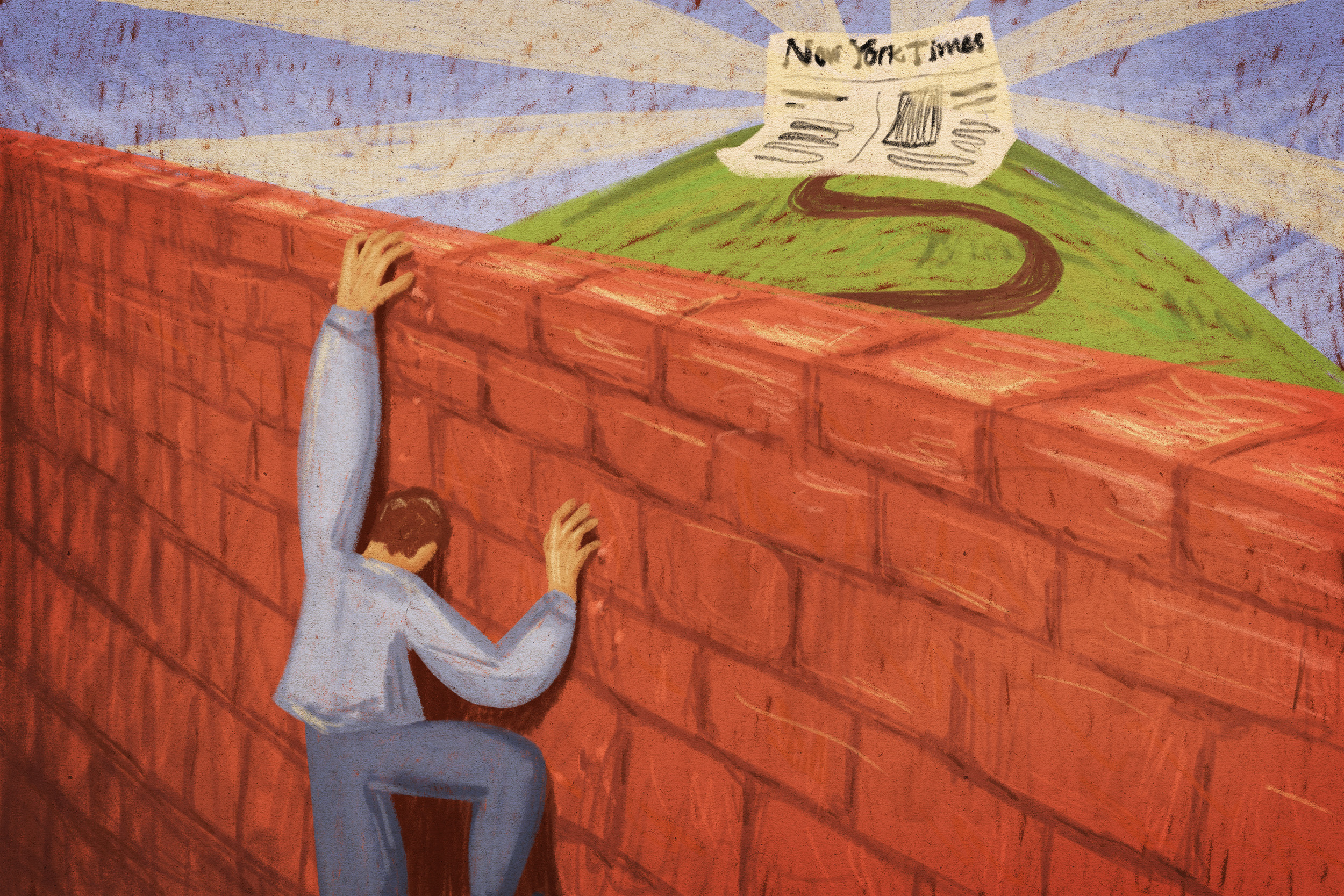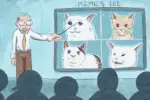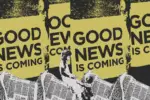In the digital age, information is readily available at our fingertips. The question of how to sustain quality journalism and content creation remains a constant challenge. One approach that has gained prominence is the use of paywalls, which restricts access to specific content unless users pay a fee. The debate surrounding paywalls revolves around the delicate balance between ensuring fair compensation for content creators and maintaining accessibility for the broader public.
On one side of the spectrum, paywalls are necessary to sustain quality journalism and content creation. The financial support generated from paywalls helps news organizations invest in skilled journalists, conduct in-depth research, and maintain high editorial standards The implementation of paywalls also carries its own set of challenges, particularly when considering the broader implications for information access and societal equality. At first glance, the idea of paywalls seems justifiable. Online journalism is grappling with declining revenues from traditional sources such as advertising. The paywall model presents a potential solution, offering a direct revenue stream that can be crucial for supporting the creation of high-quality, investigative journalism. For media outlets struggling to stay afloat in the digital landscape, paywalls appear as a lifeline, promising financial stability and the ability to deliver content that goes beyond clickbait and sensationalism.
The utopian vision of paywalls sustaining a thriving media ecosystem quickly becomes muddled when one considers the broader societal impact. The very essence of information being a public good clashes with the notion of placing knowledge behind a paywall. Critics argue that this approach exacerbates existing socio-economic disparities, creating a two-tiered system where access to information is a privilege for those who can afford it. In a world where information is power, this raises ethical concerns as to who wields that power.
The presence of paywalls aggravates existing socioeconomic inequalities and further widens the digital divide. Access to high-quality news and information should ideally be a universal right, but paywalls can limit access to those who can not afford subscription fees. This economic disparity restricts the flow of information to marginalized communities and reinforces socioeconomic division. Such an approach from news outlets creates a digital divide where access to information online becomes a luxury and favors those with disposable income. The digital divide, characterized by uneven access to technology and the internet is accentuated as paywalled content is predominantly delivered online. Individuals without reliable internet access or the financial means to subscribe may find themselves excluded from the discourse, perpetuating a cycle of information deprivation.
The sustainability argument in favor of paywalls may not hold up when confronted with the amount of free online content. Now more than ever, alternative sources are offered without charge, bringing the value proposition of paywalls into question. Users may opt for free alternatives, questioning the feasibility of the paywall model as a long-term, sustainable solution for content creators.
One noteworthy and perhaps unintended outcome is the discernible shift in consumer behavior as many increasingly turn to social media platforms as alternative sources for their news and information. TikTok’s short, engaging videos, YouTube’s diverse range of content, and X’s real-time updates have become the more attractive option for those seeking immediate, cost-free news access. The presence of paywalls often acts as a deterrent, prompting users to explore free content online. Nowadays, half of American adults obtain their news through social media, at least occasionally. However, it is essential to identify the inherent challenges – including the potential for misinformation–as users navigate this new paradigm where social media serves as the primary news source in the age of paywalls.
Nevertheless, acknowledging the challenges does not negate the valid concerns driving the adoption of paywalls. In an environment where traditional revenue streams are dwindling, content creators are forced to explore new avenues of financial support. Paywalls, in theory, offer a direct line to revenue, reducing dependence on advertisers and allowing media organizations to maintain editorial independence. The paywall predicament is a complex one with both potential benefits and significant challenges. While the need for financial sustainability in the media industry is undeniable, the impact on information access and the creation of a more divided society cannot be ignored. Striking a balance between supporting content creators and ensuring universal access to information remains a formidable challenge, one that requires open dialogue and innovative solutions in the new age of digital media.
As the paywall debate rages on, finding a middle ground that preserves the democratization of information while addressing the financial needs of content creators is a challenge. Striking this delicate balance is crucial to ensure that we can foster a digital landscape where quality journalism thrives and information remains accessible. The ongoing dialogue surrounding paywalls prompts us to explore innovative solutions that can bridge the gap between sustainability and universal access in the ever-evolving world of digital content.

















